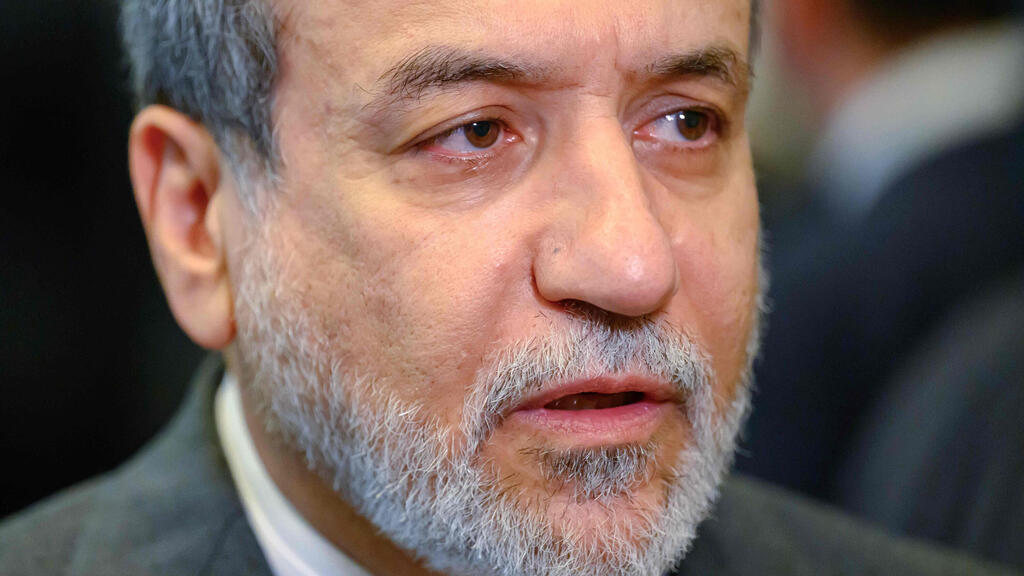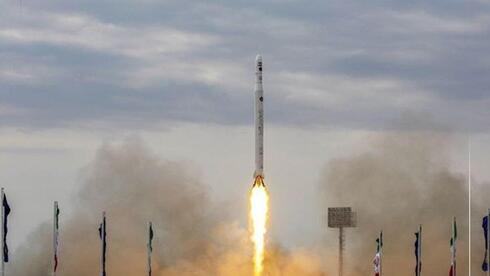For the first time since the end of the war with Israel—during which the Israeli Air Force targeted Iran’s missile infrastructure—Iran has announced a missile test involving its Qased satellite launch vehicle. The rocket, a three-stage system developed by the Islamic Revolutionary Guard Corps, first flew in 2020.
Semi-official Iranian news agency Tasnim reported Monday that the launch was not intended to place a satellite into orbit. Instead, it was a suborbital test flight, meant to evaluate “new technologies” developed by Iran’s space industry. The report said the test results would contribute to improving the country’s satellite and broader space capabilities.
Western governments have long expressed concern about Iran’s space program, viewing it as a potential cover for the development of intercontinental ballistic missiles, since both technologies rely on similar engineering. Despite last month’s Operation Rising Lion by Israel, which systematically targeted Iranian missile production facilities, Tehran maintains it still possesses significant launch capabilities.
In a parallel development, Iran announced that renewed nuclear talks with the European powers—Britain, France, and Germany—will be held this Friday in Istanbul. These negotiations will mark the first direct engagement between Iranian and Western officials since the war ended nearly a month ago, during which Israeli and American forces struck Iranian nuclear facilities.
The talks come amid a European ultimatum: the three nations, all signatories to the 2015 Iran nuclear deal, have warned they will reinstate the full spectrum of sanctions lifted under that agreement if negotiations do not resume.
2 View gallery


Forigen Minister Abbas Araghchi
(Photo: AP/ Mehmet Guzel)
Iran has pushed back strongly against this threat. Iranian Foreign Minister Abbas Araghchi sent a letter to U.N. Secretary-General António Guterres claiming that the three European states have no legal authority to reimpose sanctions. In the letter, he also accused Europe of providing “political and material support” for the Israeli strikes carried out during Operation Rising Lion.Still, despite these accusations, Iran has agreed to return to the negotiating table. Tehran’s Foreign Ministry said the regime’s goal in the upcoming talks is to achieve the lifting of current sanctions. For now, Iran is avoiding direct negotiations with the United States. Last week, Iran’s parliament issued a statement saying that any such talks would require certain preconditions to be met—though it did not specify what those conditions were. Araghchi, however, has recently stated that Iran seeks guarantees to prevent future attacks against it.
